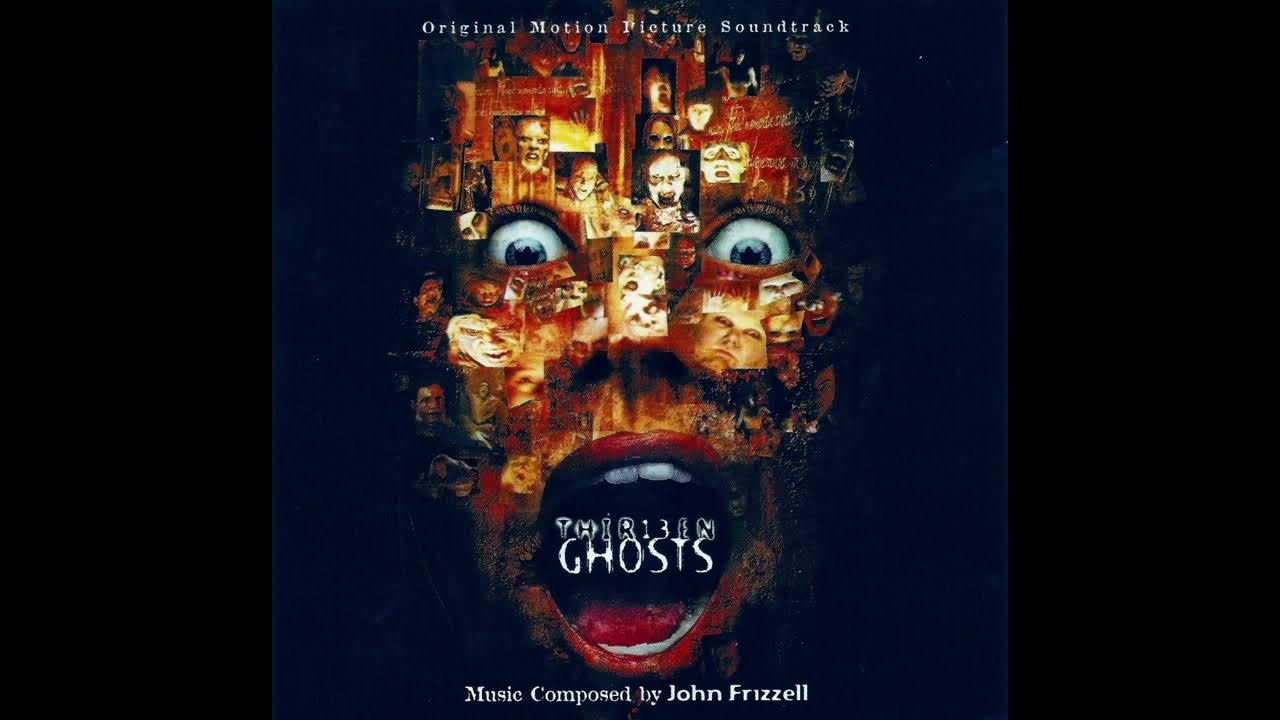When True Detective first premiered in 2014, it wasn't just another crime series — it was a revolution in television storytelling. Created by Nic Pizzolatto and directed by Cary Joji Fukunaga, the first season of this anthology crime drama stunned audiences with its intricate narrative, philosophical undertones, and powerhouse performances. Set in the bleak landscapes of Louisiana, True Detective (Season 1) is not only a compelling murder mystery but also a profound exploration of morality, identity, and human darkness.

The series follows two detectives — Rustin "Rust" Cohle (Matthew McConaughey) and Martin Hart (Woody Harrelson) — as they investigate the ritualistic murder of a woman in 1995. The narrative unfolds across three timelines: the initial investigation in 1995, the reopening of the case in 2002, and a present-day interrogation in 2012. As the mystery deepens, the detectives confront not only the horrors behind the killings but also their own inner demons.
This non-linear structure allows the series to slowly reveal secrets, both personal and procedural, building suspense and emotional complexity with each episode.
Matthew McConaughey delivers a career-defining performance as Rust Cohle — a brilliant, nihilistic, and emotionally tormented detective. His philosophical monologues, filled with existential dread and cosmic pessimism, became iconic, adding depth and originality to the crime genre. Woody Harrelson provides the perfect counterbalance as Marty Hart, a more traditional cop struggling with his own moral failings and family life. Their chemistry is electric, their differences stark, and their dynamic utterly compelling.
Together, McConaughey and Harrelson elevate True Detective into something far more than just a police procedural.
Cary Joji Fukunaga’s direction is masterful, capturing the decaying beauty of the Louisiana bayous with haunting detail. The cinematography is both atmospheric and immersive, using natural lighting and long takes to great effect. The standout moment — a six-minute, uninterrupted tracking shot in episode 4 — is often cited as one of the greatest technical achievements in TV history.
The eerie soundtrack, composed by T Bone Burnett, complements the show’s ominous tone, while the opening theme “Far From Any Road” sets the mood perfectly.
True Detective explores themes far beyond crime and justice. It delves into existential philosophy, the nature of evil, time, trauma, and the fragility of human perception. Influences from Nietzsche, Schopenhauer, and cosmic horror literature (notably H.P. Lovecraft and Robert W. Chambers’ The King in Yellow) create a chilling and thought-provoking atmosphere.
The show asks unsettling questions: Is justice ever truly served? Can people change? Or are we all trapped in a cycle of repetition and decay?
True Detective (2014) is more than a TV show — it’s a work of art. With extraordinary writing, unforgettable characters, and breathtaking direction, it stands as one of the most acclaimed and influential television series of the 21st century. Season 1 is a triumph of mood, narrative, and performance — a dark odyssey into the human soul that lingers long after the credits roll.


